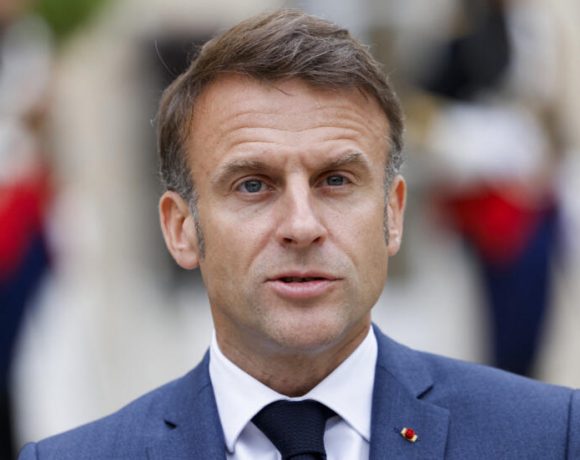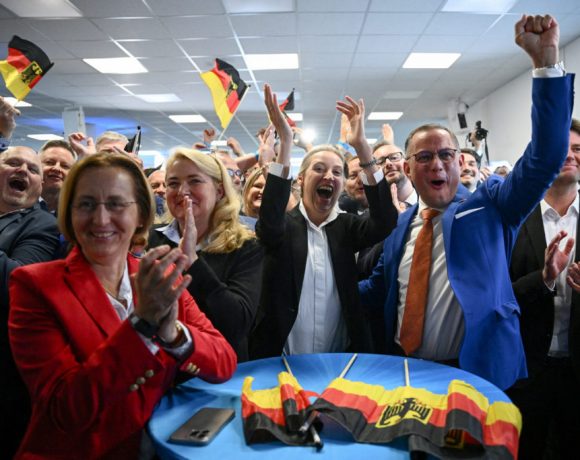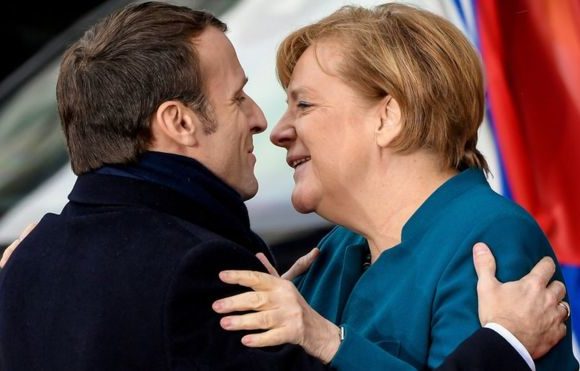
Two neighboring countries are approaching unexpected elections, with both governments expected to fall. Political tensions have strained relationships among families and friends. Despite significant issues in the UK election, the stakes are higher in France, where not just a government or leader is at risk, but the political system itself. Unlike the UK, which is at the end of a political cycle and where calling an early election was rational for Prime Minister Rishi Sunak, France faces uncertainty.
President Macron called a snap election after a significant defeat by the far right in the European parliament elections. His aim was to regain a centrist majority in the National Assembly, but polls indicate the far-right National Rally (RN) remains ahead, with a left-wing alliance, led by France Unbowed (LFI), potentially coming second. The likely outcomes are either an RN majority or a hung parliament, both of which pose significant risks: a sovereign debt crisis, street violence, and institutional collapse.
Veteran commentator Nicolas Baverez points out that France’s Fifth Republic was designed to handle crises, but the current instability and the president’s own confusion could lead to a breakdown of institutions. Across France, there is an awareness of the country’s precarious situation.
Jordan Bardella, the 28-year-old RN leader, could become the next Prime Minister, adding to the political tension. Macron’s invocation of potential “civil war” and his attempt to use fear to drive voters towards the center is seen as dangerous and could incite hate and violence. The government is preparing for possible violent protests during the election rounds on June 30 and July 7. The far-left LFI’s support base in immigrant-heavy areas and its stance on Gaza further complicate matters.
Political instability could also affect the upcoming Olympic Games, which begin shortly after the election. Baverez draws a parallel between France’s current situation and the populist moments in the US and UK a decade ago, suggesting that France’s institutions and the euro previously shielded it from such upheaval. However, with the traditional method of managing social peace through public debt no longer viable, France now faces its own populist challenge.
Picture Courtesy: Google/images are subject to copyright


